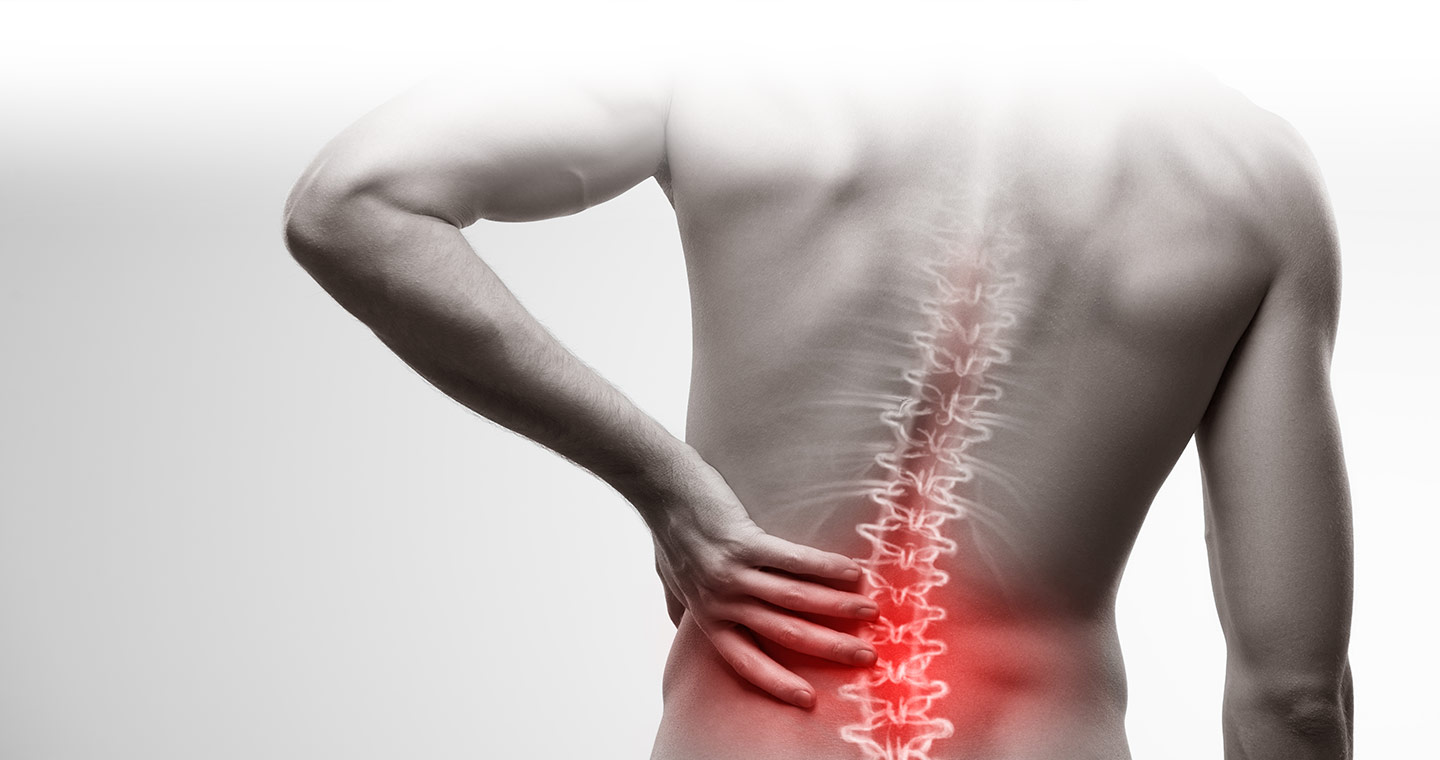
6-Week Pain Management & Exercise Program
Do you experience...
- Long-term musculoskeletal pain (such as back pain)
- Chronic health condition that causes pain such as arthritis, fibromyalgia, irritable bowel disease, endometriosis
- Headaches
- Anything in between
Or do you just wants to learn more about pain?
Then this program is for you!
There are currently limited opportunities for Pain Management Programs in the community so don't miss out on this unique opportunity.
Combining education and practical exercise therapy
Multidisciplinary approach with exercise physiology and physiotherapy
This program elaborates on pain science concepts and utilising movement, nutrition, sleep and stress management to be empowered and take charge of your pain.
Suitable for anyone who experiences long term pain
PROGRAM COST
$299*
(Valued at $235)
*Includes the whole six weeks. Private health or DVA funding may apply (ask us!).
Currently taking enrolments for upcoming group
Details: 6-week course, delivered by: Tamika Hassum (Accredited Exercise Physiologist at True North Wellness) and Zachary Cronk (Physiotherapist at Three Pillar Health).
Location: True North Wellness (5/691 Albany Creek Rd, Albany Creek)
Time: Thursdays 6:30-7:30pm
Dates: 2/5, 9/5, 16/5, 23/5, 30/6, 6/6/2024
Spaces are limited so bookings are essential. Avoid missing out on this unique opportunity.
A taster of what will be covered in the six weeks
- Understanding our evidence based approach including the biopsychosocial model and the 'top down vs bottom up' approach
- Pain science concepts including types of pain, concepts of nociception and nervous system sensitisation and the role of emotions and the limbic system.
- Exercise and its role, the evidence based recommendations, individualised practical strategies and goal setting with exercise program, understanding passive strategies and where they fit.
- Nutrition and alcohol and their role, evidence based recommendations, learning about the gut microbiome and vagus nerve.
- Sleep and its relationship with pain, sleep hygiene and evidence based recommendations with a goal setting your own practical strategies.
- Stress management and it's relationship with pain, understanding the autonomic nervous system and how to hack this in your favour, practical strategies including breath work, mindfulness/meditation and self care.
- Understanding your medications
- Lots of myth busting
- And so so much more...
PROGRAM COST
$299*
*Includes the whole six weeks. Private health or DVA funding may apply (ask us!).
Want to see if this is for you?
Book a FREE 15 minute chat (face to face or Telehealth) to discuss how we can get you started
We know it can be really daunting taking the first step, so we recently ran a free community information session that allowed us to introduce ourselves and our approach to pain. MIssed it? No problem, you can access the recording here.




